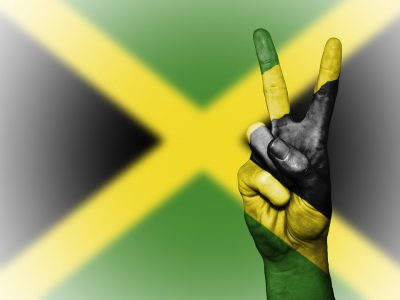Jamaica’s Republican Shift: Ditching Britain 50 Years On

Image: David Petersen @Pixabay
Jamaica Drops the Crown After 50 Years
In January 2012, something bold happened in the Caribbean. Jamaica’s Prime Minister, Portia Simpson Miller, stood before the nation and declared that it was time to part ways with the British monarchy. Her message was clear and historic: Jamaica would begin the process of becoming a republic. After 50 years of nominal independence, the country was ready to take full control of its identity, its laws, and its symbols.
On January 5th, during her inaugural speech, Simpson Miller delivered words that would ripple across the region. “I love the Queen,” she said, “but I think time come” (sic). Her announcement marked a turning point. She proposed removing Queen Elizabeth II as head of state and replacing her with a Jamaican president. She also expressed the government’s intention to shift final judicial authority from the UK’s Privy Council to the Caribbean Court of Justice.
This wasn’t just a symbolic move. It was a national awakening. Although Jamaica gained independence in 1962, the Queen’s name continued to appear on official documents. The country’s highest court of appeal remained in London. That colonial shadow lingered until now.
Simpson Miller’s push for republicanism was not just political. It was about completing what many Jamaicans saw as unfinished business: true independence. Her party held a strong majority in Parliament, enough to push forward constitutional changes. Legal transformation would still require two-thirds support in both houses of Parliament, plus a national referendum. It was a long road, but one the Prime Minister believed was worth taking.
Jamaica’s decision echoed loudly throughout the Caribbean and across the African diaspora. Countries like Trinidad and Tobago, Guyana, and Barbados had already disengaged from the British crown. Now, Jamaica was joining that movement. For descendants of enslaved Africans, republicanism was more than a change of law; it was a reclaiming of dignity. A refusal to be represented by symbols of colonial power.
What would this new Jamaica look like? Once the legislative process changed, the country would elect its president as head of state. Judicial appeals would go to a Caribbean court, not a British one. The constitution would reflect Jamaican sovereignty, not imperial legacy.
Simpson Miller’s announcement ignited conversations beyond the Caribbean. It reminded us all that independence isn’t a one-time event—it’s a journey. A journey of cultural reclamation, political self-determination, and national pride.
For African nations still clinging to colonial systems or symbols, Jamaica’s example is a powerful nudge. What stories are we still telling through foreign crowns and inherited courts? What does real freedom look like when the chains are gone, but the symbols remain?
Jamaica is teaching the world a lesson in sovereignty. One that Africa, too, must consider with boldness and clarity.
Recommended: Stories about Decolonizing Africa
#FeelNubia #JamaicaRepublic #AfricanSovereignty #PostColonialKings
